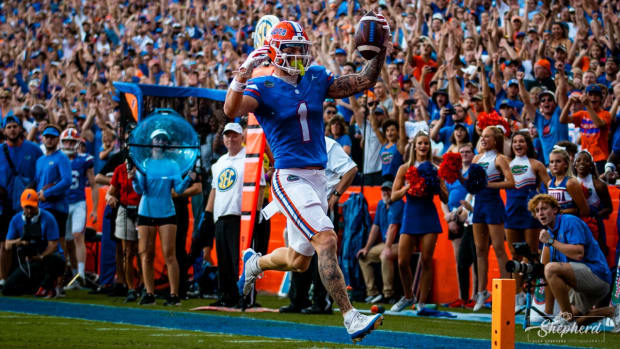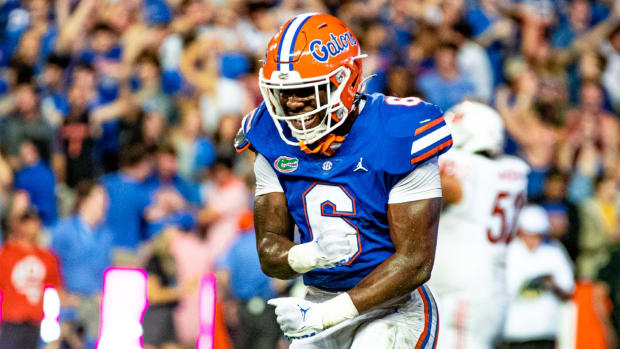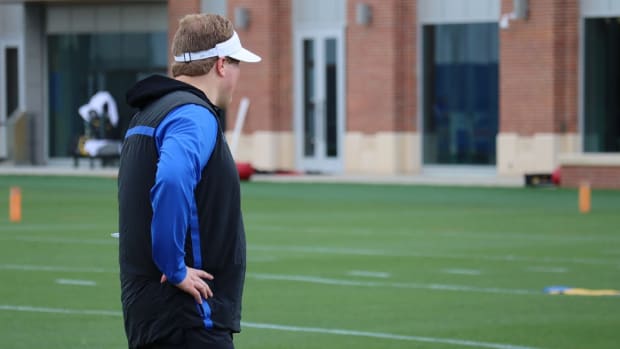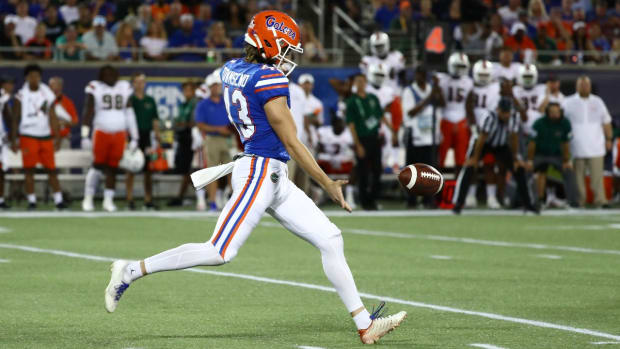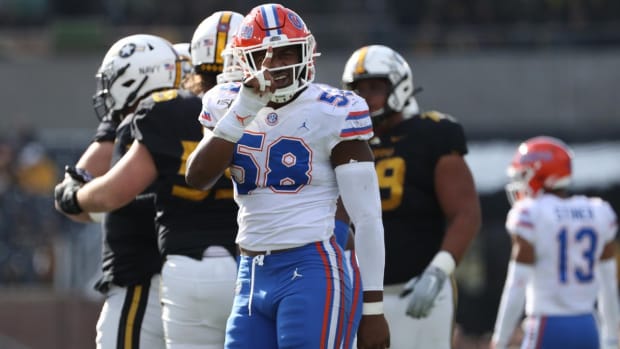What Are the Expectations for Gators QB Kyle Trask Heading Into 2020?
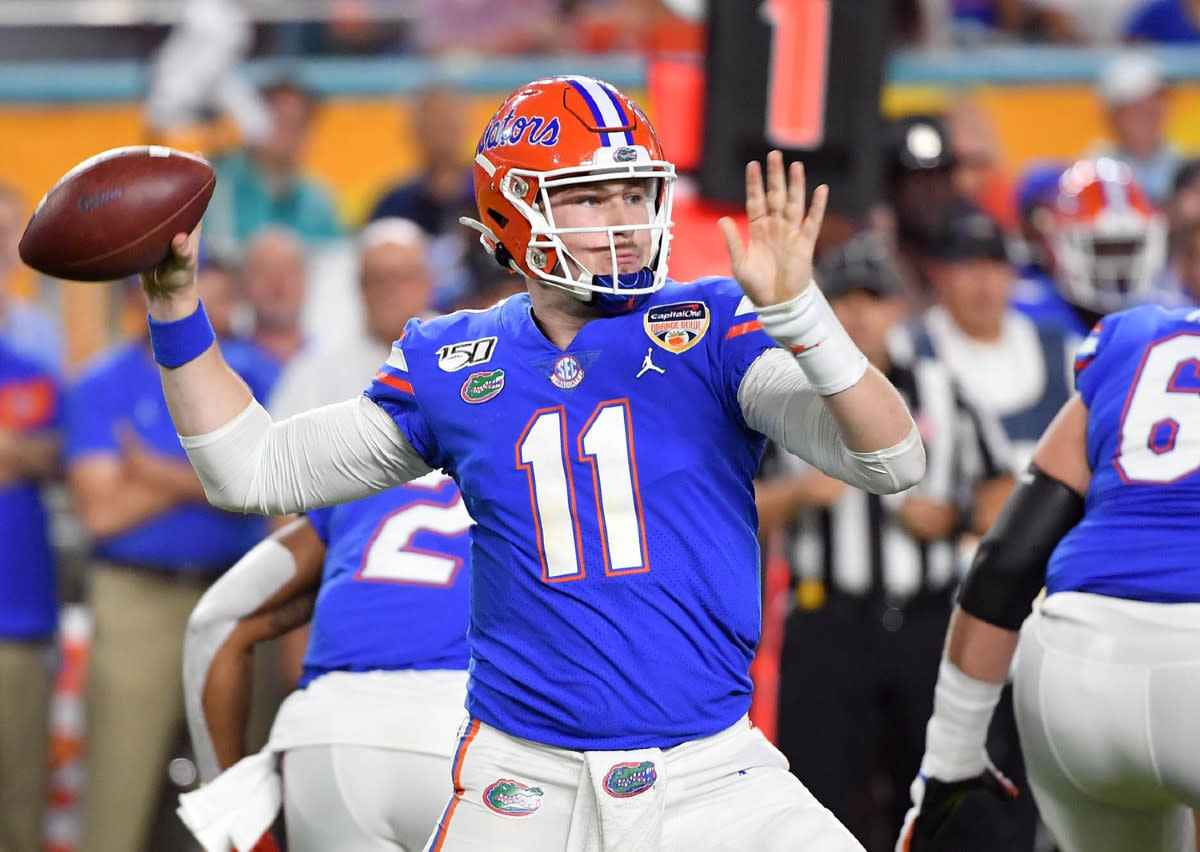
Unexpected to play, especially unexpected to start, but Gators quarterback Kyle Trask was able to stay ready, and after an injury to original-starter quarterback Feleipe Franks in week two against Kentucky, Trask got his opportunity and seemingly ran with it.
In 2019, Trask accomplished what many reasonable fans of the sport wouldn't think would be possible, which was to take the Gators to a New Years Six Bowl game and win. While the team did not get any further and did not perform as well as they possibly could have, much of their success was due to the "veteran" backup quarterback who came in cold and went out hot.
In 12 games for the Gators last season, with 10 starts, Trask 237 out of 354 (66.9%) of his passes for 25 touchdowns and seven interceptions, to eight wins and two losses (Georgia and LSU), for a total of 10 wins and two losses on the season as a whole.
Entering 2020, Trask will be in the spotlight. No longer able to fall onto the excuse of being a new starting quarterback. But exactly how high are the expectations of a fifth-year senior entering his second season starting fulltime at the collegiate level?
There are many variables to look at. At wide receiver last season, Trask was handed a full arsenal. Seasoned and reliable veterans such as Van Jefferson and Freddie Swain surrounded him. Jefferson ended the season with 49 catches for 657 yards and six touchdowns, always finding a way back to the quarterback, making him an easy target over the middle.
Swain was able to also provide a reliable target for Trask, hauling in 38 receptions for 517 yards, and seven touchdowns.
Both players will now be gone, and Trask will need to rely heavily on returning players such as junior tight end Kyle Pitts, and an assortment of younger, or inexperienced receivers to lead the way. No longer will he have multiple safety valves.
Projecting forward, Trask will need to be able to co-exist with new talent at wide receiver. Promising, rising redshirt sophomore wide receiver Jacob Copeland is set to become one of the team's go-to receivers on the outside, with the potential for senior receiver Trevon Grimes to hold the fort down opposite of him. Neither has proven anything yet, however.
Something Trask should be able to count on, however, is the team's improvement along the offensive line. Next year's starting lineup will almost assuredly bring new blood, a much different lineup alongside the interior of the line with sophomore offensive lineman Ethan White potentially vying for a job, ready to step in and provide a reliable pass and run blocker for his quarterback and running back, respectively.
While there are too many unknowns to truly gauge respectable expectations for the Gators' veteran signal-caller, one variable which should remain steady is his confidence, and his work ethic.
While at times last season Trask exhibited a bit of uneasiness, he never truly ruined a game for the Gators. Against LSU, Trask led the team to 21 points in the first half, and against Georgia, he kept the team in the game for much of it, ultimately losing 17-24 in the end.
Former Gators right tackle Jawaan Taylor saw the growth Trask showed in 2018 as a backup, and as of right now there is no reason to believe he can't build on what he started just a season ago.

